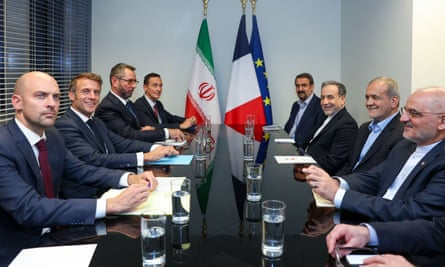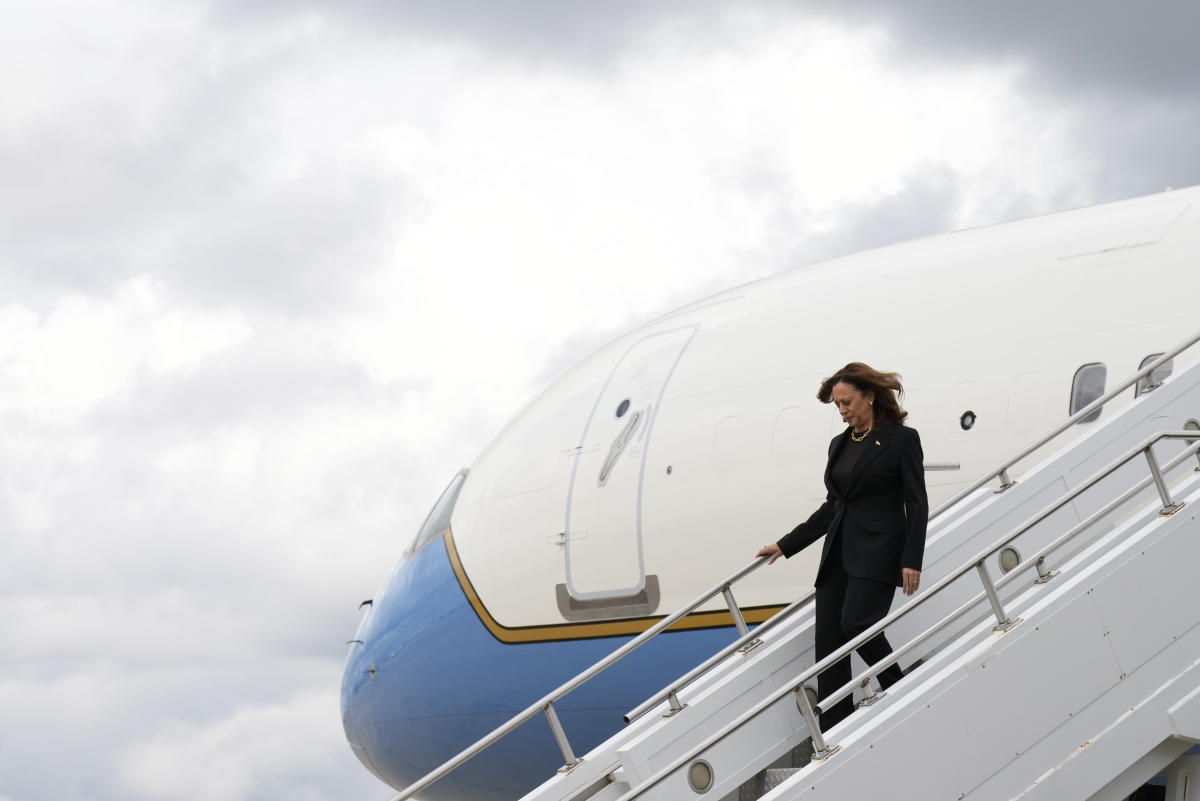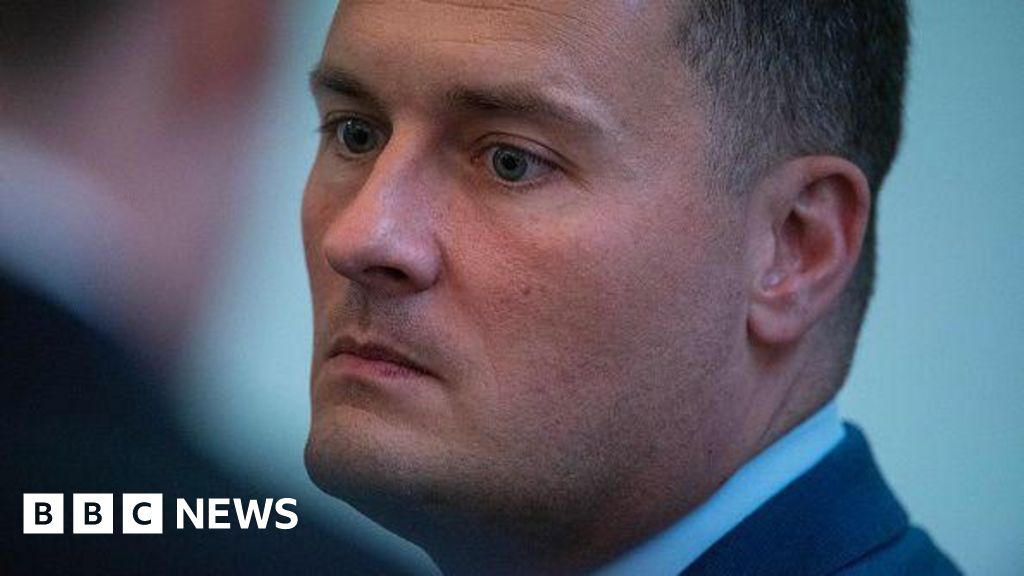Israel has a legitimate interest in seeking to remove Hezbollah, the Lebanese militant group, from the borders of northern Israel, the US secretary of state, Antony Blinken, said as he rebuffed calls to take a tougher line over the Israeli bombardment.
Speaking before an emergency meeting of the security council in New York, Blinken emphasised that he would prefer a diplomatic solution to the crisis, but his tone is unlikely to be seen as a warning to Israel to stop, or to reconsider its plan for a ground offensive.
“Israel’s got a legitimate problem here. Starting on 8 October, Hezbollah in the north, from southern Lebanon, started lobbing rockets and missiles into Israel,” he said. “People living in northern Israel had to flee their homes – about 70,000 – and Israel understandably, legitimately, wants a secure environment so people can return home”.
He added: “The best way to get that is through diplomacy, an agreement to pull back forces, allow people to return home in northern Israel – also many Lebanese in southern Lebanon forced from their homes. We want to get people back home. The best way to do that is not war; it’s diplomacy.”
Blinken also reverted to his claim that it was Hamas, and not Israel, that was holding up a ceasefire agreement in Gaza – the precondition set by Hezbollah to stop the fighting with Israel.
Insisting 15 of the 18 paragraphs in the ceasefire agreement had been signed off, he said: “The problem we have right now is that Hamas hasn’t been engaging on it for the last couple of weeks, and its leader has been talking about an endless war of attrition. Now, if he really cares about the Palestinian people, he’d bring this agreement over the finish line.”
Blinken added: “Hard decisions remain to be made by Israel. But the problem right now in terms of bringing this across the finish line is Hamas, its refusal to engage in a meaningful way.”
The Lebanese foreign minister, Abdallah Bou Habib, has described the US approach as “not promising”, adding: “It will not solve the Lebanese problem. The US is the only country that can really make a difference in the Middle East with regard to Lebanon.”

The Israeli ambassador to the UN, Daniel Meron, said: “We have been restrained now for 12 months, but … life in the north of Israel has to go back to what it was.”
He reiterated Israel’s claim that it was “doing everything it can” to avoid hitting civilian targets, saying that “Hezbollah is using civilians in Lebanon as human shields”.
“They would like us to shoot back and hit civilians so that we can be blamed for killing civilians,” he said.
The foreign ministers of Egypt, Jordan and Iraq, meanwhile, said in a joint statement that “Israel is pushing the region towards total war”, condemning what it called Israeli aggression against Lebanon. Qatar said at a meeting of the Gulf Cooperation Council that the crisis was becoming more and more worrying.
Iran so far shows no signs of sending direct help to Hezbollah, which it supports, and the country’s supreme leader, Ayatollah Ali Khamenei, admitted that the group his country had helped to create had suffered damage. But he added: “Until today, the victory has been on the side of the Palestinian resistance and Hezbollah. The final victory in this battle will belong to the resistance front and Hezbollah.”
A White House official said that the US would come to Israel’s aid if Iran comes to the aid of Hezbollah.
The French president, Emmanuel Macron, met the Iranian president, Masoud Pezeshkian, in New York urging him to use his influence to persuade Hezbollah to accept a ceasefire. Pezeshkian is under conflicting pressures – unwilling to abandon the group his country helped create, or the Palestinian cause, but reluctant to go into a direct war with Israel that will undermine his goal of improving relations with the west.
In his speech to the UN, in the face of criticism at home, he declared: “I intend to establish solid foundations for my country to enter the new era and play a constructive and effective role. To establish a foundation in the emerging global system, to remove the obstacles and challenges and to organise the relations of my country based on the requirements and realities of today’s world.”
In Iran, Hassan Khomenei, one of the grandsons of the leader of the 1979 revolution, Ruhollah Khomenei, sent a letter to Hezbollah leadership offering to volunteer in support of the resistance.

 German (DE)
German (DE)  English (US)
English (US)  Spanish (ES)
Spanish (ES)  French (FR)
French (FR)  Hindi (IN)
Hindi (IN)  Italian (IT)
Italian (IT)  Russian (RU)
Russian (RU)  3 hours ago
3 hours ago
























Comments